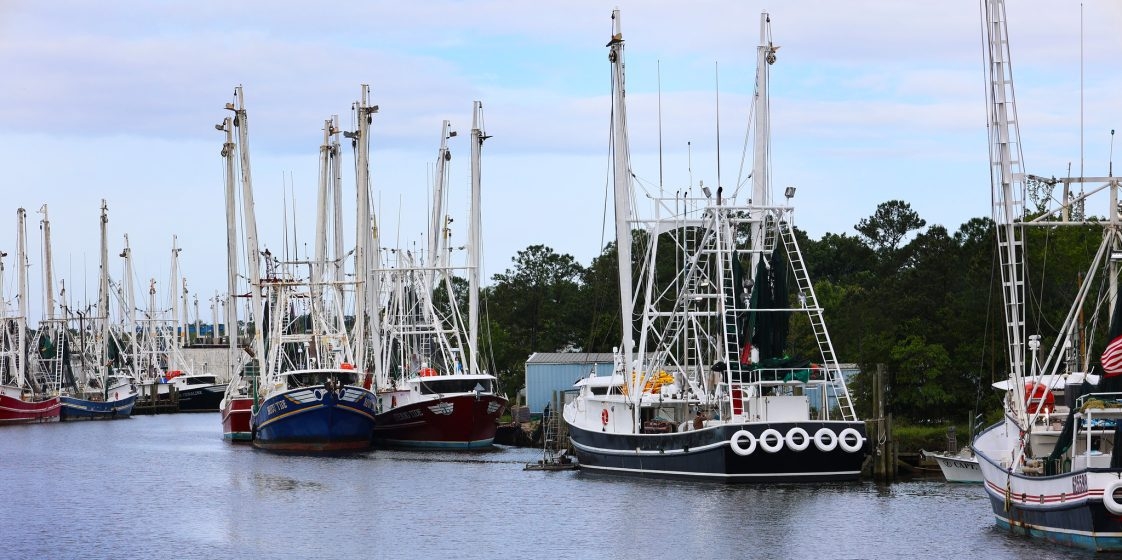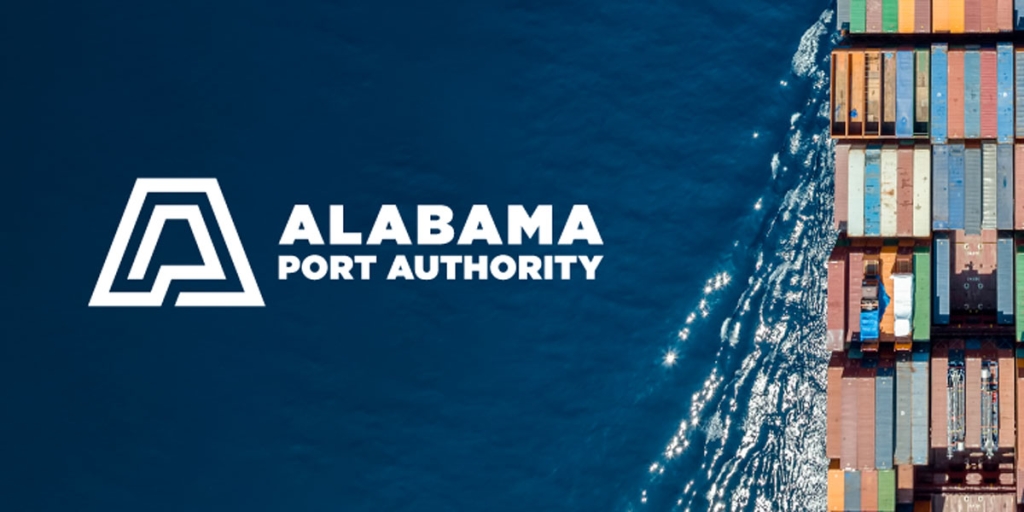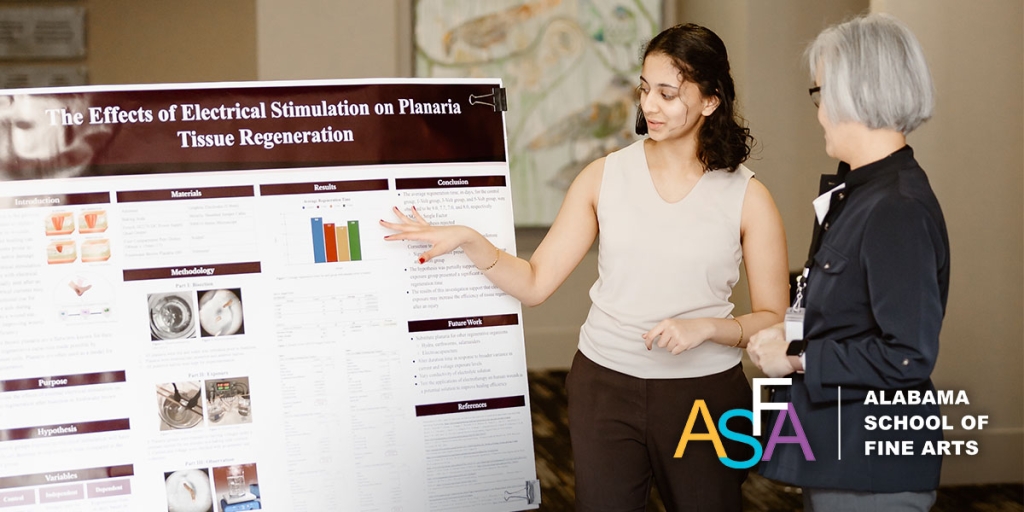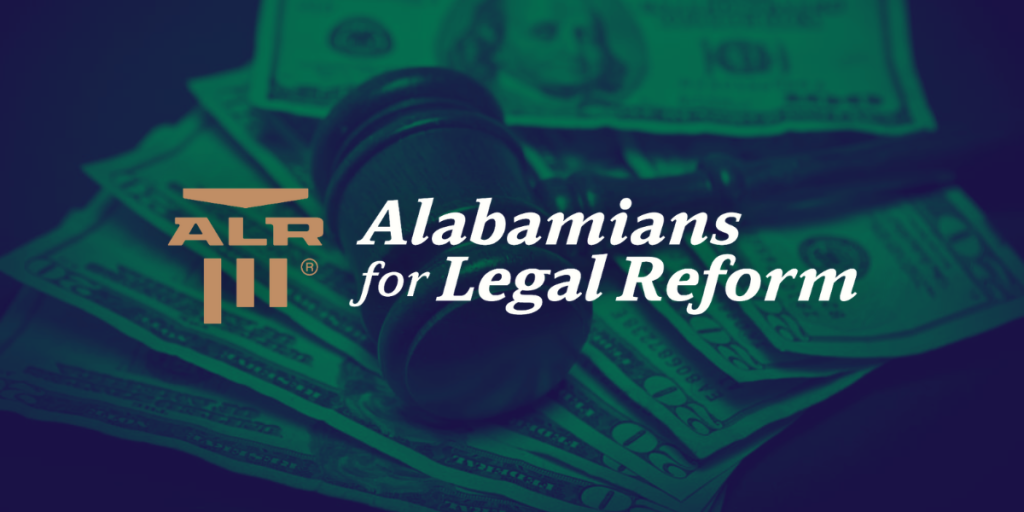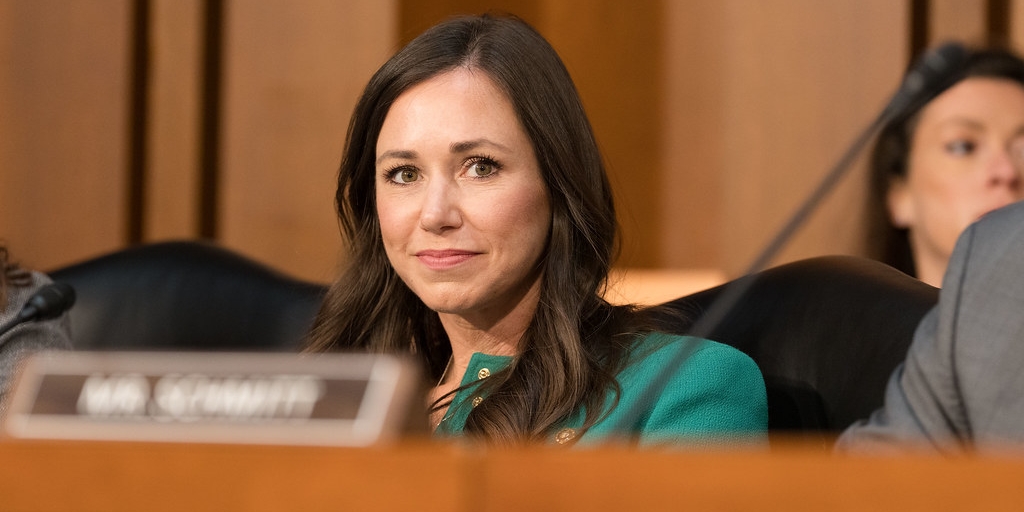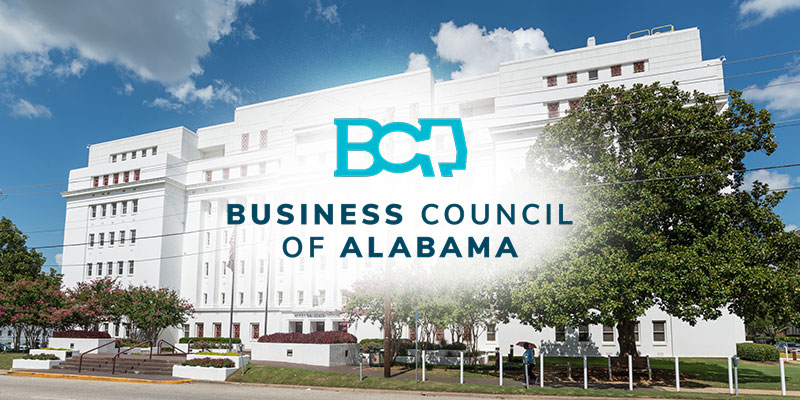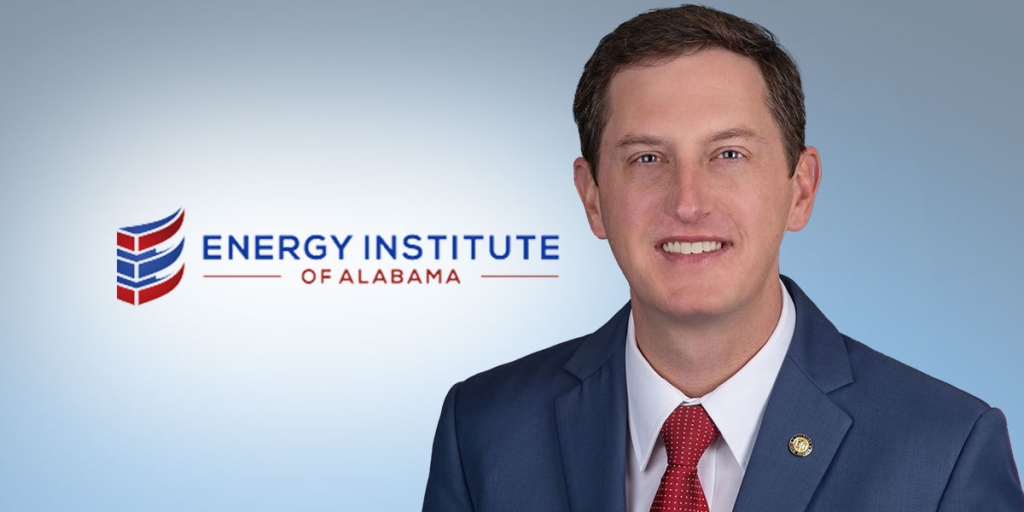State Rep. Chip Brown (R-Hollinger’s Island) has pre-filed three bills aimed at growing Alabama’s commercial seafood industry while shoring up the coastal habitats that sustain it.
Among them include a state sales-tax exemption on direct seafood sales (HB3), a refundable income-tax credit to spur oyster-shell recycling by restaurants (HB28), and the creation of an Alabama Seagrass Restoration Task Force (HB38).
Together, the package blends traditional economic incentives for fishermen and restaurants with a long-horizon plan to rebuild seagrass meadows and oyster reefs critical to shrimp, crabs and finfish.
“More than just a major economic driver in our region, the Gulf Coast commercial seafood industry is a beloved tradition that must be preserved for the next several generations and decades yet to come,” Brown said.
“By passing these commonsense tax cuts and an important ecological protection, we can keep commercial seafood harvesting a growing and viable concern far into the future.”
RELATED: In wake of Mississippi seafood scandal, Alabama is set to enact mandatory disclosure of origin
HB3 provides a state sales tax exemption on retail sales of fish and other seafood sold directly by the commercial entities that caught them. The exemption is intended to promote sales while allowing commercial seafood businesses to maximize profits on their catch.
HB28 allows a state income tax credit for restaurants that participate in oyster shell recycling programs. Restaurants may receive an income tax credit of either $1 for every 50 pounds of shells donated or $2,000, but must claim the lesser amount. The total tax credit program is capped at $100,000 annually as its costs affect revenues in the Education Trust Fund.
Roughly half of the nation’s $250 million oyster industry is located along the Gulf of America coastline, which includes larges portions of Alabama, and preserving the reefs keeps fisherman, oyster farmers, seafood processors, and others employed while also providing a habitat for popular commercial game like shrimp, crabs, and fish that include striped bass and flounder.
Lastly, HB38 would create the Alabama Seagrass Restoration Task Force, which will be responsible for addressing and remediating the loss of seagrass in the state’s marine waters.
The legislation partners both public and private entities together to conduct environmental research and develop new technologies that will reverse the ecological and economic impacts resulting from seagrass depletion.
The 2026 legislative session begins in January.
Austen Shipley is the News Director for Yellowhammer News. You can follow him on X @ShipleyAusten




